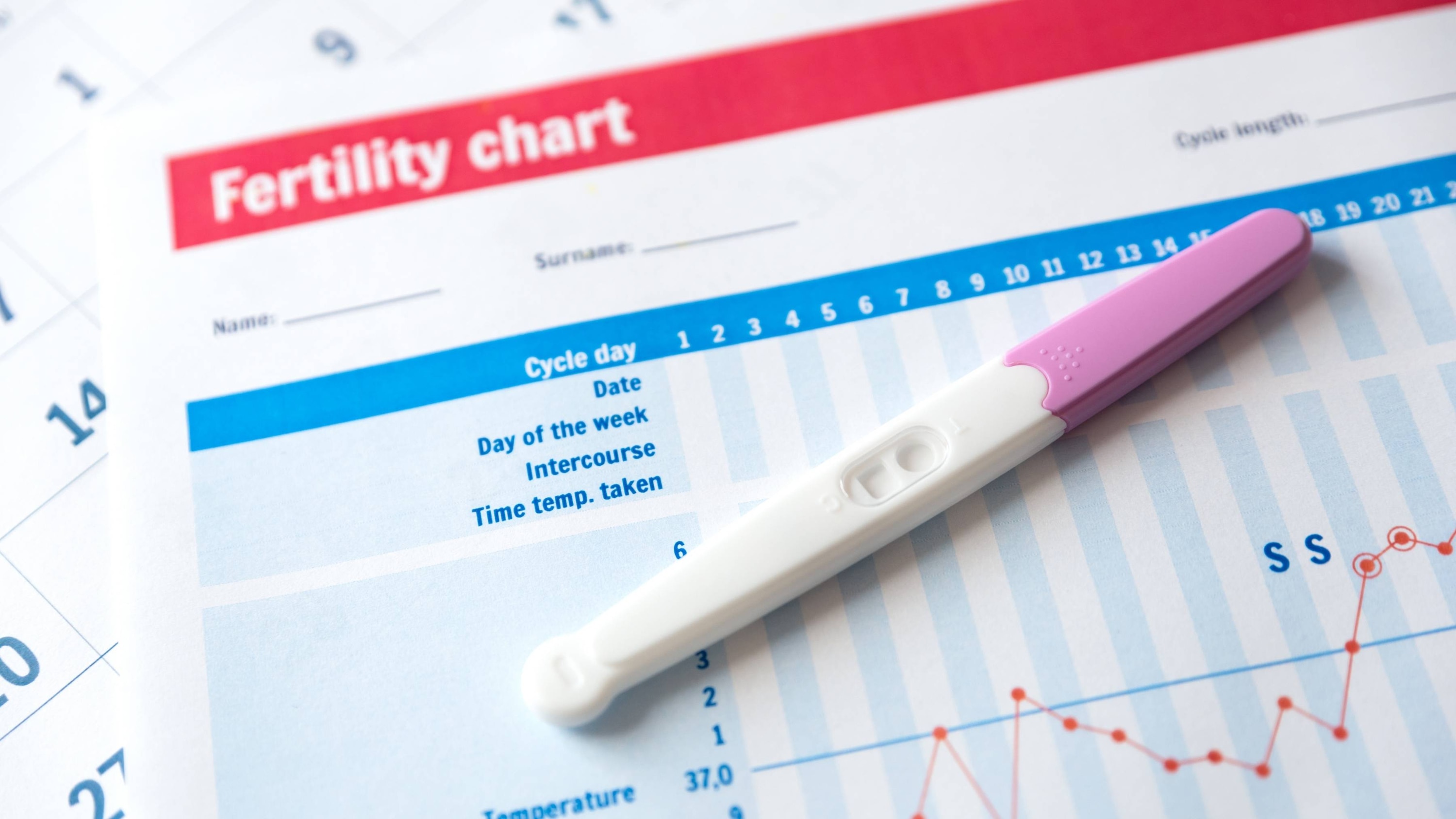Fertility has become one of the most talked-about wellness topics among women today and for good reason. With lifestyle changes, rising stress levels, erratic sleep cycles, and the pressure of balancing careers and relationships, more women are facing challenges when it comes to conceiving. But the good news? A lot of this is manageable. Making small but consistent changes to your diet and lifestyle can go a long way in improving hormonal balance and reproductive health. If you've been wondering how to increase fertility in women naturally, we've got you covered — from foods that increase fertility in women to simple daily habits that can make a difference.
Natural Argan Oil & Lavender Sulfate Free Anti-Frizz Shampoo - 400ml
₹658
₹658








